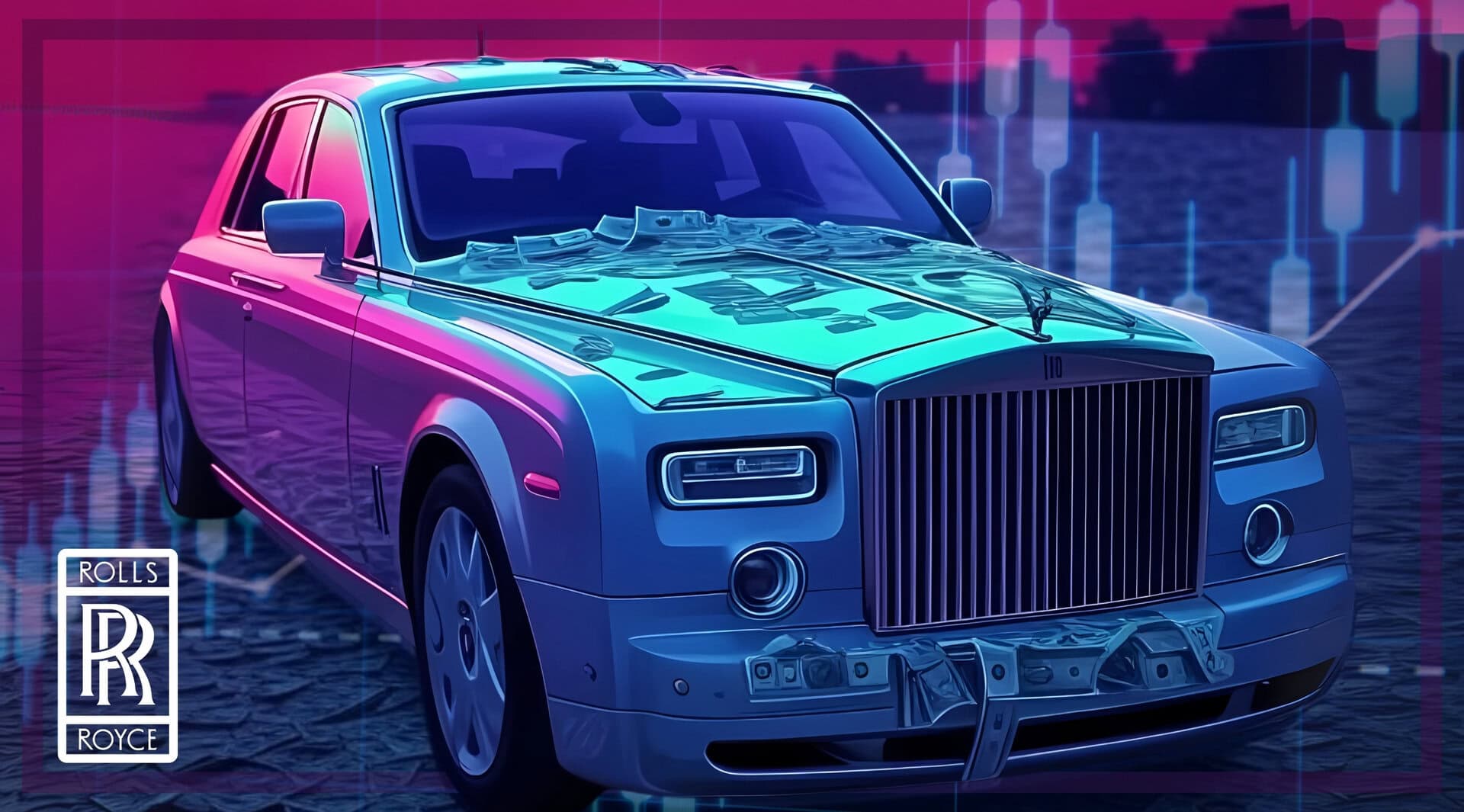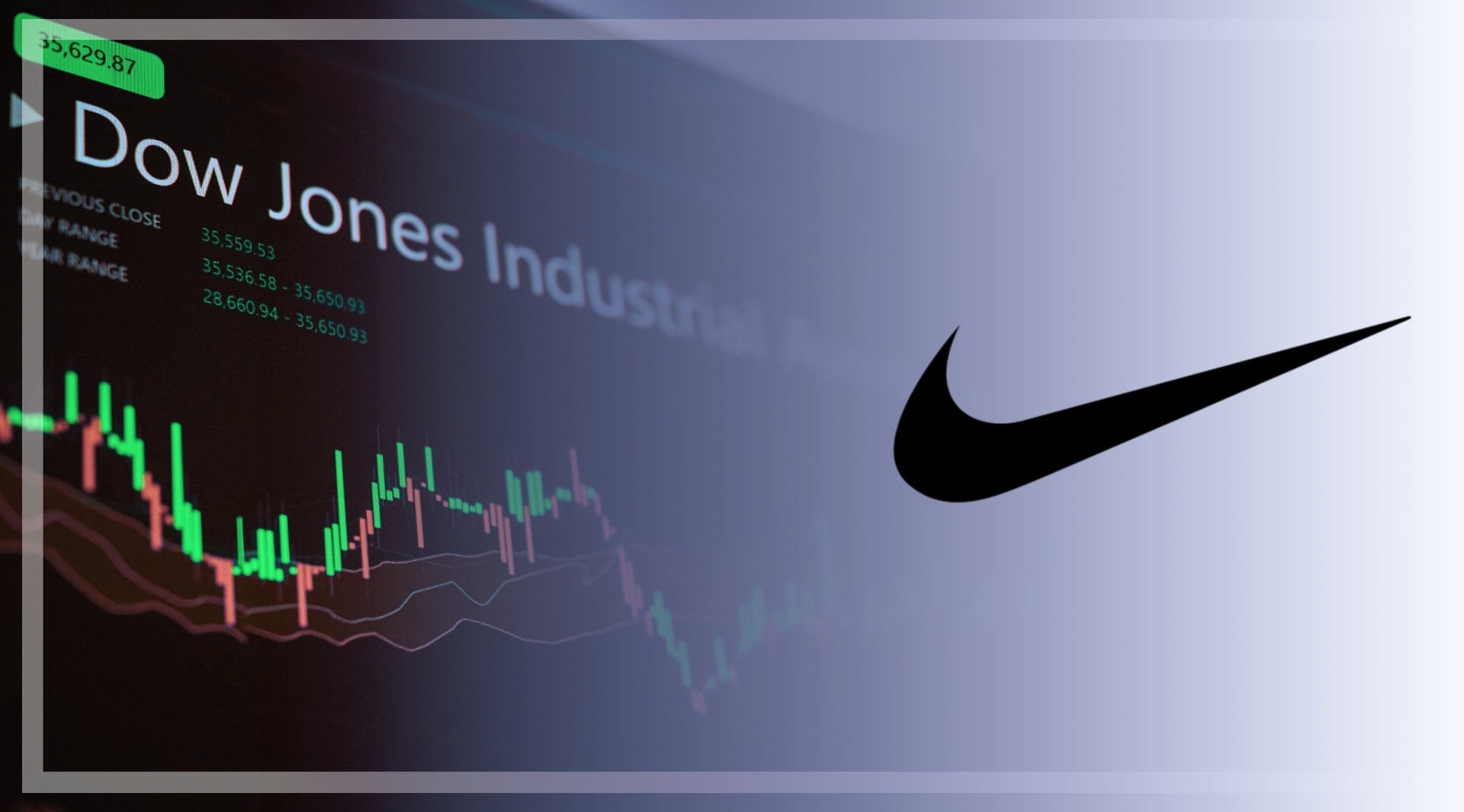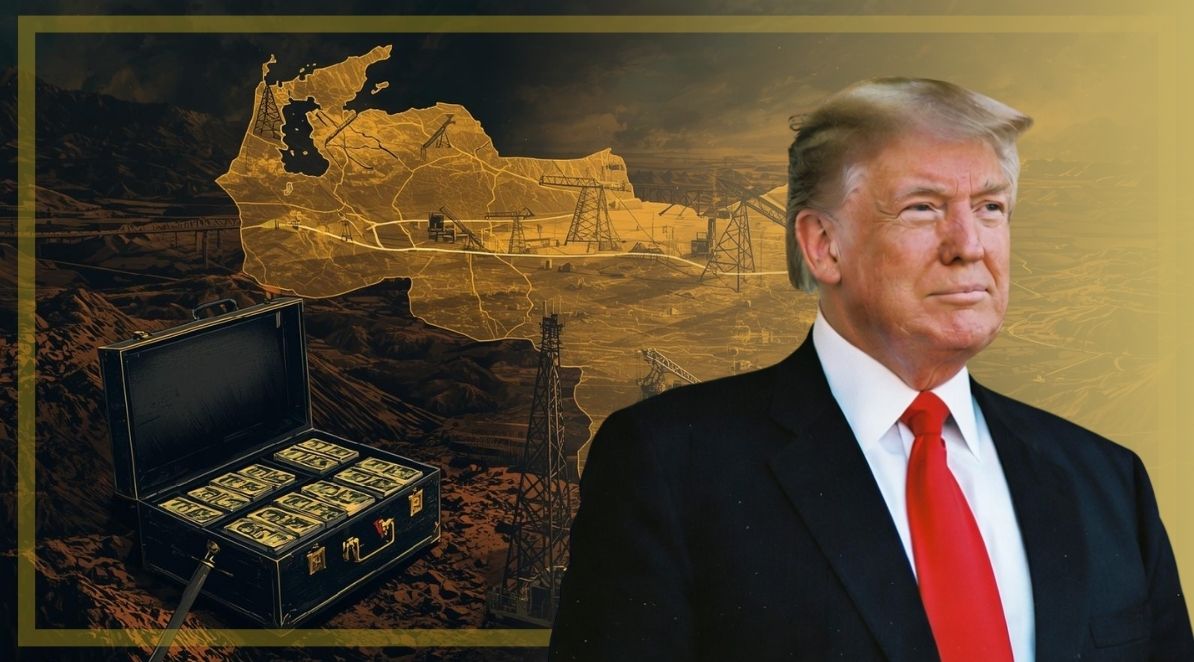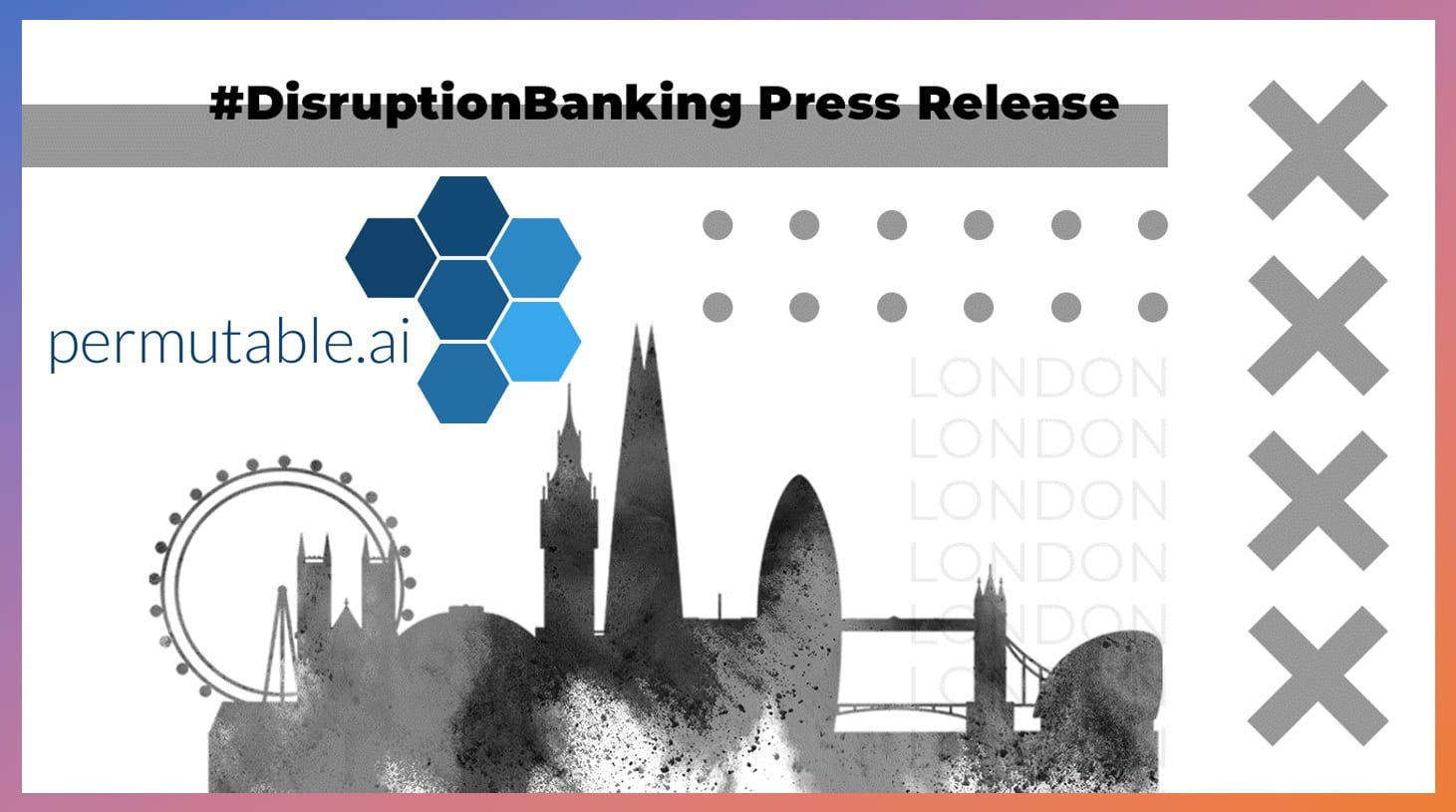Rolls-Royce. No pun intended, but the celebrated British automaker has had quite the ride in recent years. It has gone from being valued at a lowly 455p a share in 2020 to its current position of around 1,100p.
In this week’s stock-pick story, DisruptionBanking takes a look at a remarkable refitting – one that has seen Rolls-Royce come roaring back with a vengeance. The good times are back, but just a few short years ago that didn’t look anything like a foregone conclusion.
Rolls-Royce on the Hard Shoulder
By the early part of this decade, the glamour had worn off for the UK manufacturing, aerospace and defense giant, founded in 1906. As well as the dismal share price, its market capitalization had just suffered a hair-raising 26 percent annual drop from 2019 to be left sprawling at £12.68 billion. On top of that, its price-to-earnings ratio was in the negative – indicating net losses and lack of investor confidence.
Former BP boss Tufan Erginbilgik was brought in as CEO to clean the house in 2023. Taking the helm, he warned that Rolls-Royce was a “burning platform” that would self-destruct if something wasn’t done, venerable reputation be damned.
Edging Back Into the Fast Lane
His comments caused quite a stir at the time, but due credit to Erginbilgik, he backed up his harsh words with some tough actions. The result? A tenfold rise in share price since he took over two-and-a-half years ago – and a market capitalization of £92.95 billion, a similarly dramatic increase on 2020 levels.
Erginbilgik is now confident enough to predict that with a little help from AI, Rolls-Royce could become the UK’s biggest firm.
Hedging Bets on Rolls-Royce
Hedge fund Apollo Global Management will certainly be keen to see if Erginbilgik can make good on this ambitious promise. It has a strategic stake in Athora, which took over Pension Insurance Corporation (PIC) in June. PIC acquired Rolls-Royce’s £4.3 billion pension fund two months later.
Apollo will therefore be anxious to see if Erginbilgik can continue to steer Rolls-Royce as well as he apparently has done to date.
Mind you, Apollo has been no stranger to controversy itself. One of its former top bosses, Leon Black, stepped down as CEO in 2021 after being linked to sex trafficker Jeffrey Epstein to the tune of $158 million in “fees for services.”
To be clear, there is no indication that said services were anything other than financial, but it wasn’t a good look for the hedge fund, which distanced itself from Black only to run into yet more controversy in the form of a lawsuit over a $570 million payout to foot the personal tax bills of its top brass.
Birds of a Feather
Rolls-Royce has had to face off considerable legal action itself, in the form of a bribery-and-corruption scandal that forced it into a £671 million deferred prosecution agreement (DPA) with the Serious Fraud Office in the UK in 2017.
The scandal spanned seven countries and 25 years, involving bribes to secure contracts in nations like Indonesia, Thailand, and Russia.
The DPA wasn’t the end of the matter, which landed squarely on Erginbilgik’s in-tray in October 2023 when shareholders launched a £350 million class action lawsuit. This alleged the company had misrepresented the scandal’s impact, causing significant share-price losses. Rolls-Royce has vowed to “robustly defend” itself.
Not a Bloodless Victory
As if Erginbilgik didn’t have enough to worry about. But to be fair, he has delivered since taking over the beleaguered firm, restoring the company to fiscal health, with underlying operating profit for the first half of this year reaching £1.7 billion (a 50 percent increase from 2024) and free cash flow at £1.6 billion driven by this success.
Under Erginbilgik’s tenure the company has also reduced debt by just under £500 million, achieving a net cash balance of £1.1 billion in 2025.
This victory wasn’t won without bloodshed, however. In 2023, Rolls-Royce laid off 2,500 workers to cut costs by streamlining management, sparking criticism. As at the time of writing, it is negotiating a deal to offload £5.37 billion in UK pension liabilities, in further efforts to strengthen its balance sheet that also emphasize the burden of legacy Erginbilgik inherited.
Hands on the Wheel, Eyes on the Prize
Rolls-Royce is best known for its cars, but of course that is far from the extent of its business interests. Erginbilgik has made no secret of his ambitious plans for the prestigious UK firm, telling the BBC he believes a recently tabled plan to use its arsenal of small nuclear reactors to power AI will make it the richest company on the FTSE.
“There is no private company in the world with the nuclear capability we have,” he told the UK broadcaster in August. “If we are not market leader globally, we did something wrong.”
At the time of writing, Rolls-Royce is sixth in the UK’s FTSE 100 pecking order, behind AstraZeneca, HSBC, Shell, Unilever, and British American Tobacco. Can it really overtake them all?
Erginbilgik seems to think so, even though Rolls-Royce has dropped a place from fifth position since he was quoted by the BBC as saying: “I believe the growth potential we created in the company right now, in our existing business and our new businesses, actually yes – we have that potential.”
Given what the Turkish industry veteran has accomplished for the firm in less than three years at the wheel, would you bet against him?
#Insights #RollsRoyce #CapitalMarkets #FTSE100 #HedgeFunds
Author: Damien Black
The editorial team at #DisruptionBanking has taken all precautions to ensure that no persons or organizations have been adversely affected or offered any sort of financial advice in this article. This article is most definitely not financial advice.
See Also:
Boeing in the Dow Jones: Jets on Wall Street | Disruption Banking
Slovakian Bribery Scandal Tests Faith in the ECB | Disruption Banking
How Citadel’s Peng Zhao is Disrupting Capital Markets | Disruption Banking














